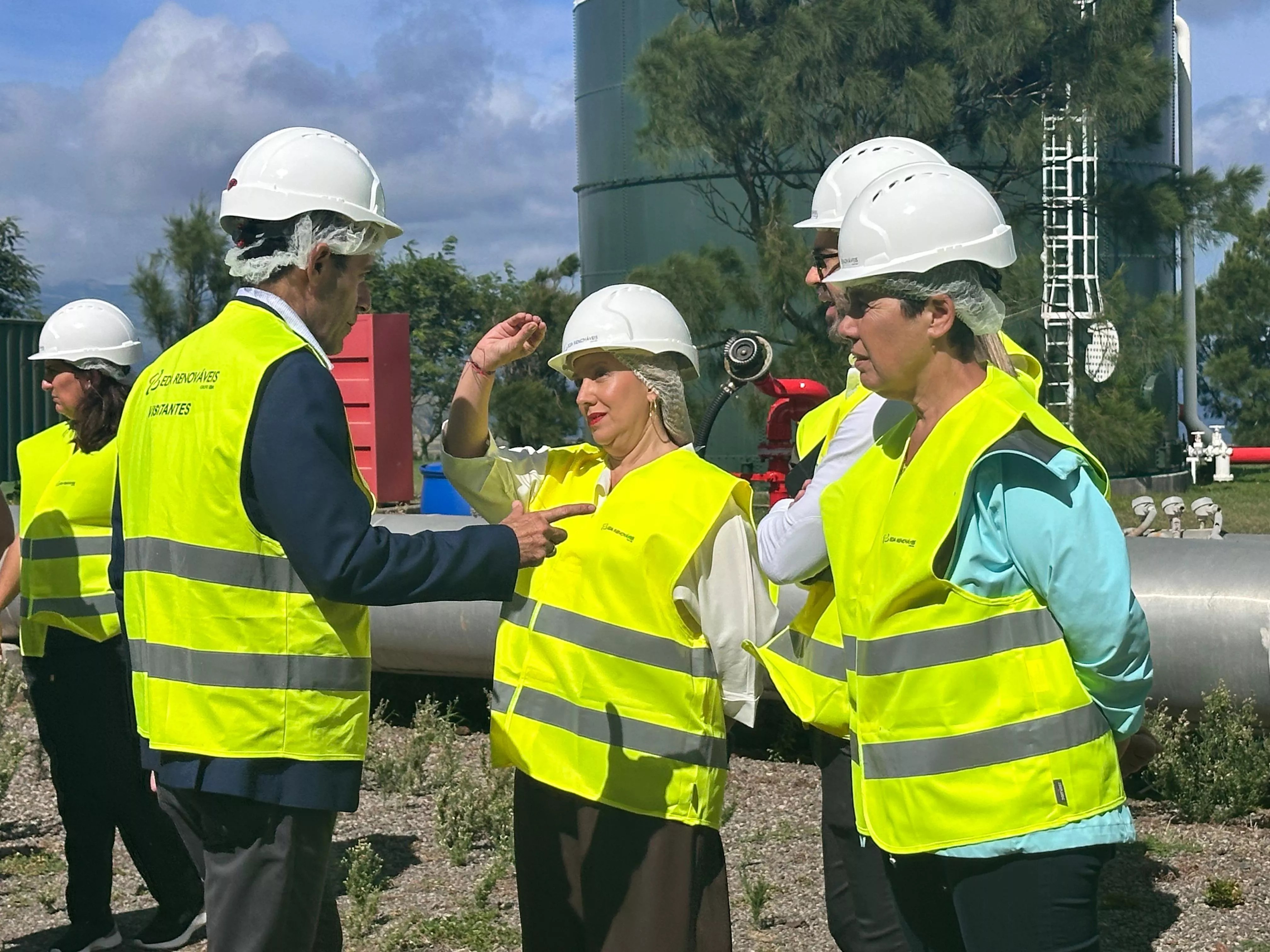
The Investigating Court Number 4 of Santa Cruz de Tenerife has filed the complaint filed by the Company Committee of the Social and Health Care Institute (IASS) of the Cabildo de Tenerife for the transfer of users and services from the Febles Campos Hospital to the Seminary of the Bishopric, in the municipality of La Laguna, and for which the insular president, Pedro Martín, and the councilor Marián Franquet, among other people, were being investigated. This is stated in an order issued on June 1 by Judge María de los Ángeles Lorenzo-Cáceres, to which she has had access Watch me TV.
The car demolishes the complaint of the Works Council considering that there is no evidence of the three crimes reported: prevarication, embezzlement of public funds and influence peddling. The judge, who appreciates irregularities in the file, recriminates the representatives of the IASS workers who now transfer to criminal proceedings a way of contracting that previous governments already put into practice.
For the magistrate, there is no prevarication because “there is no administrative resolution awarding the aforementioned contract.” The procedure is in its initial phase and, as the order recalls, at the time of the complaint, only the beginning of the file had been issued. This is key because it is a necessary step so that the first of the crimes that make up the complaint can be committed.
The resolution that decides the contract is the objective element of the criminal type, so its absence makes any criminal reproach unfeasible. The judge insists on this, although with the beginning of the file “it could be suggested” that the award to the company Clece SA had already been communicated “unofficially”.
The magistrate questions on several occasions the way of proceeding of the IASS managers, to the point of criticizing a procedure that “seems to have been custom designed for the company”, the only one that attended the file and that came to start the works . But this way of acting is not new in the day-to-day of the IASS, as confirmed by the previous president of the entity and current island councilor of the Canarian Coalition, Juana María Reyes.
During his judicial statement, Reyes admitted that “it was normal and customary at the IASS” for these types of custom procedures. The current director also acknowledged that, in the case of Clece SA, the company has come to “continue providing services upon expiration” of its contracts. A fact that serves the judge to criticize the plaintiffs for taking these irregularities to criminal proceedings “when it has suited them (…) because the same would be that regardless of the government group that exists, the rules and procedures are always respected. ”.
In relation to the extensions to Clece SA in past mandates, the judge expresses her “surprise” because they were made “with retroactive effects, significant of the non-respect or compliance with the most basic and essential regulations.”
The order also emphasizes that “this transfer was necessary and urgent, which has been trying to be carried out for years” due to the poor condition of the Febles Campos Hospital facilities. Just as it highlights that the entity Clece SA “has been entering into contracts with the administration well in advance of the start of this file”, something that the judge concludes that “would justify carrying out the refurbishment works that the aforementioned company had already been carrying out in advance. business”.
The Plasencia building
The judge also dedicates a special mention to the attempted purchase in the past mandate of the Plasencia family building, now owned by the City Council of Santa Cruz de Tenerife, which is located in Cabo Llanos. This is one of the aspects reflected in the complaint to justify a possible operation that is economically detrimental to the coffers of the Cabildo.
In relation to the “Plasencia building”, as the magistrate herself calls it and which an attempt was made to buy for 29 million, an amount similar to the cost of the transfer operation to the Seminary, the order states that “the aforementioned property came from one of the largest cases of corruption experienced at the judicial level in this capital”, referring to the Las Teresitas case. The judge states that “it does not seem illogical to think that the political group at that time had doubts in the acquisition of such a controversial property given its origin and the way in which it was finally incorporated into the patrimony of the illustrious City Council of Santa Cruz de Tenerife, after a long negotiation process in which it is contributed as payment for the part of the civil liability of the former owner, also convicted and imprisoned for this cause.
The resolution concludes that “there is also no solid and sufficient evidence to support” the crimes of influence peddling and embezzlement of public funds, as it is “certified” that Clece SA “is not a newly created company or that it has been designed to achieve the award of this contract.
The judge ends the motivation of the judicial order with the reminder of the principle of minimal intervention of criminal law, “restricted to the most serious cases, understanding that mere illegality is not enough”, something that is shared without discussion by jurisprudence and legal doctrine.
















